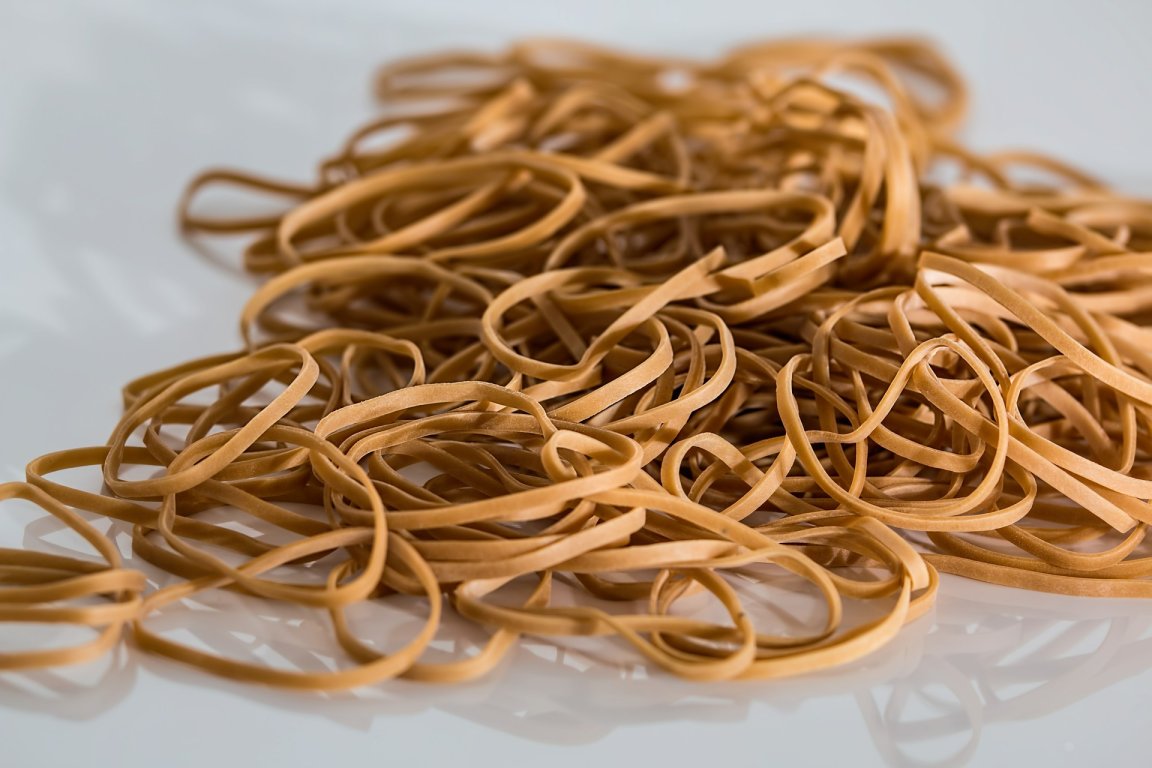
Redefining Reusability
The world’s oldest rubber band manufacturer, 94-year old Ohio-based company Alliance Rubber Co., is on the verge of producing what could be the sturdiest versions of the tool yet. Working with researchers from the University of Sussex, the company is designing rubber bands infused with graphene which makes them unbreakable. Graphene is supposedly 200 times tougher than steel, so hopefully, we can expect these rubber bands to be as durable as this wonder material.
The key to accomplishing this is, according to Alliance director of business strategy Jason Risner, coming up with a perfectly balanced mix. Too little graphene would make the rubber bands not durable enough. Too much graphene, on the other hand, would make them lose their elasticity. Alliance will spend the next year working with the British researchers from Sussex to develop the perfect ratio.
Alliance plans to sell these graphene-infused rubber bands to a number of industries as soon as it’s perfected. Agribusiness, technology wholesalers, and office supply retailers will all likely be interested in such a product.

Improved Usability
Aside from making it unbreakable, Risner told Business Insider that graphene would fill other lacking areas that exist with current rubber bands. For one, these graphene rubber bands could be made to be anti-static, improving their usefulness in bundling electronic goods.
“Nobody who’s in the electronics industry wants anything coming near their motherboards and their circuit boards that has the ability to build up static charge,” Risner said. “An anti-static band could be used in all of those settings around electronics and not be a danger to ruining the equipment.”
It’s also possible to add RFID tags into these graphene bands. Additionally, the manufacturers could make the rubber bands capable of changing color depending on the temperature or time. Using graphene bands could also help farmers and grocers to track their produce and products as it moves through the supply chain.
“Imagine a rubber band that changes colors if it reaches above 95 degrees Fahrenheit (35 degrees Celsius),” Risner explained. This could help to monitor the quality of produce. “[T]he grocery store would know that that produce went above the temperature that was promised to be deliver in, and that it’s going to spoil faster. They could reject it at the store because it’s changed color based on temperature.”
Of course, for those of use who use rubber bands to keep materials bundled at the office or at home, the best perk that graphene bands offer is durability. This development is yet another application of graphene’s unique properties.